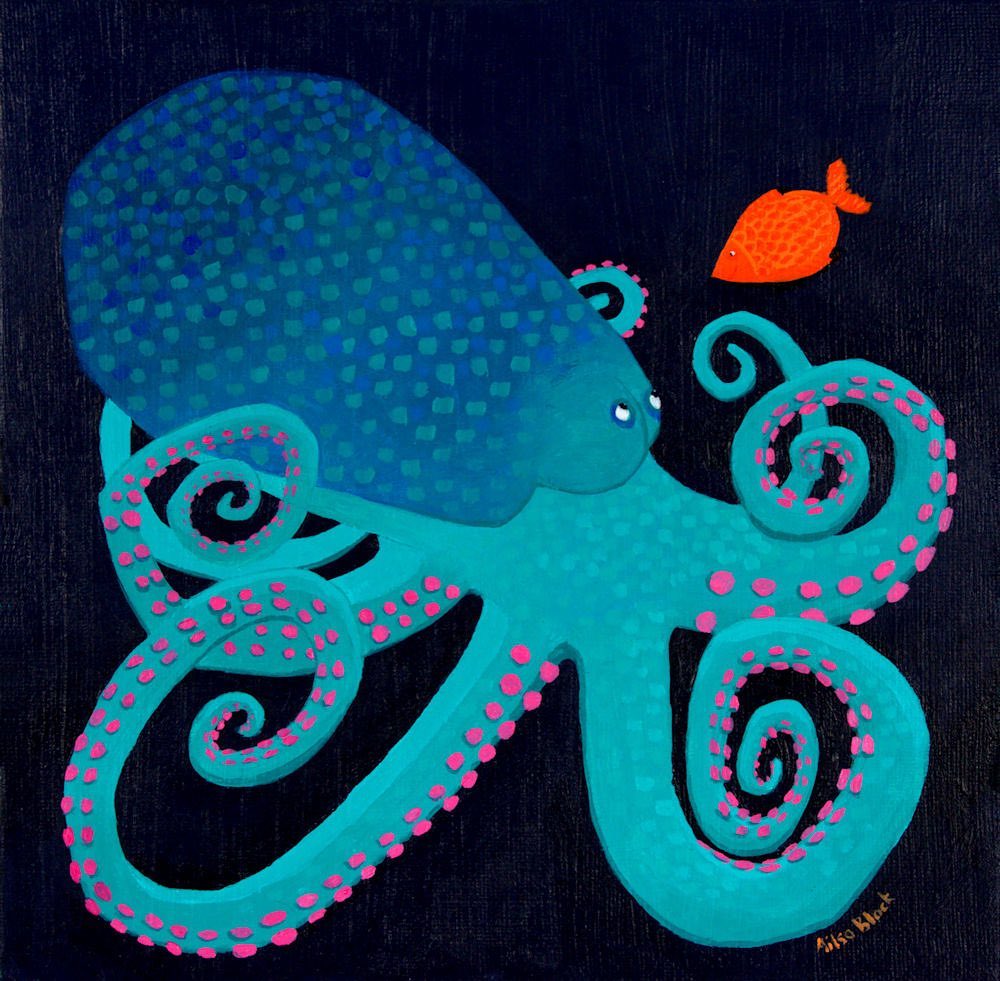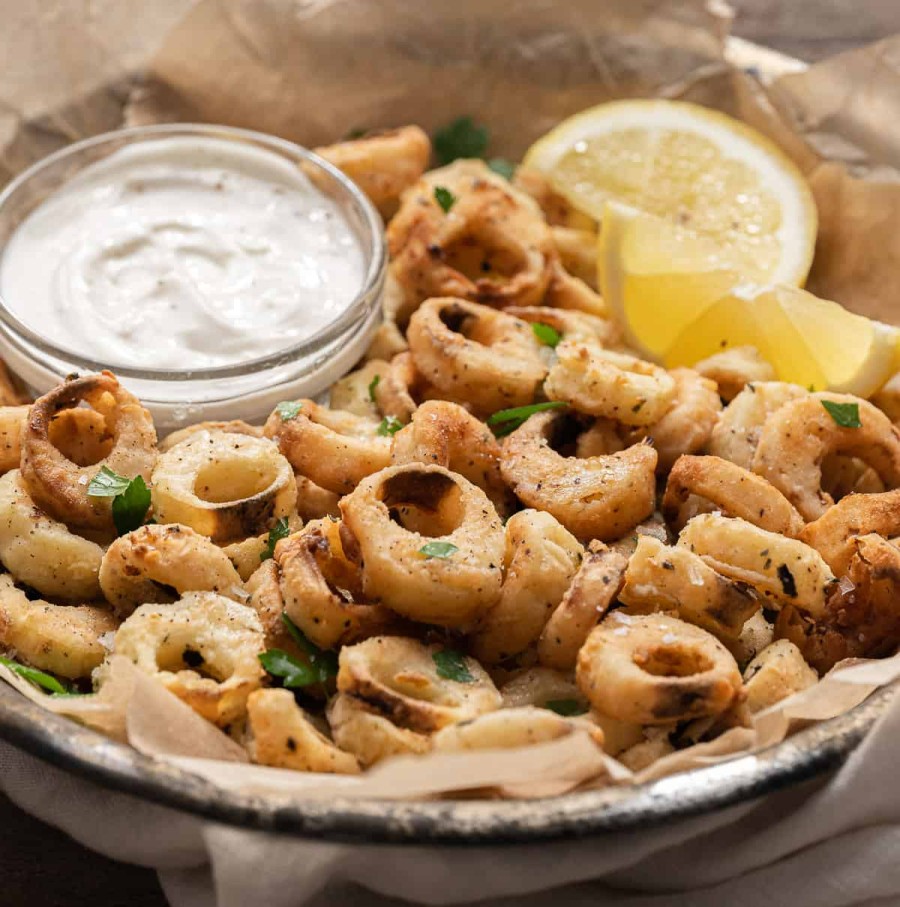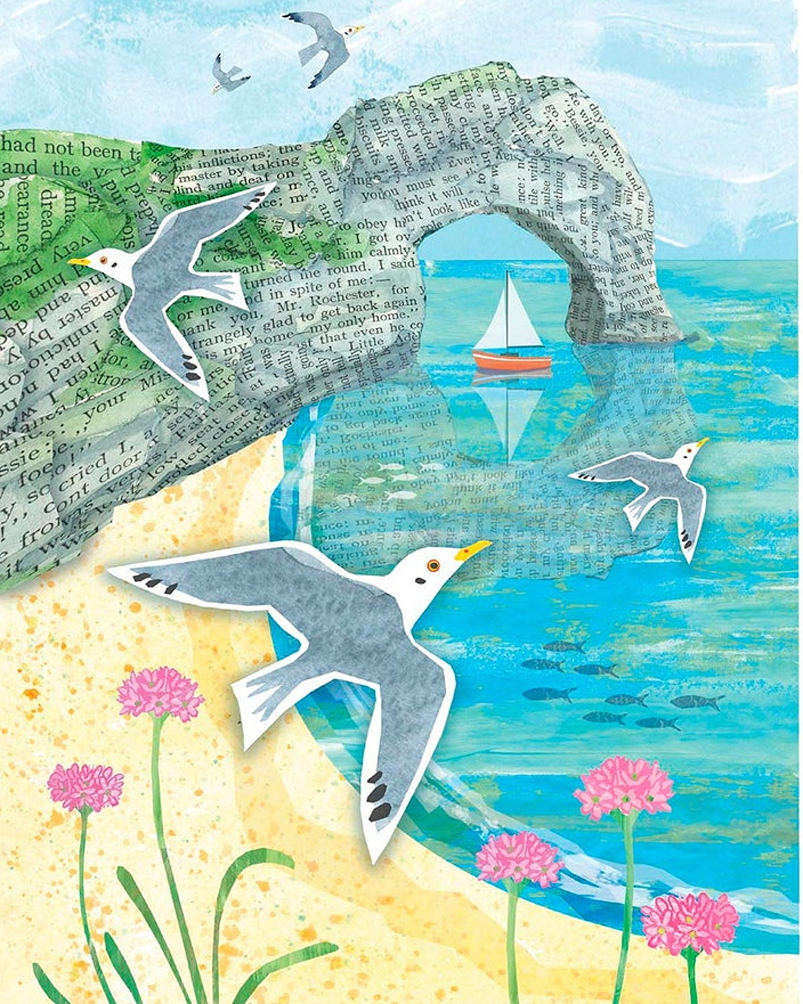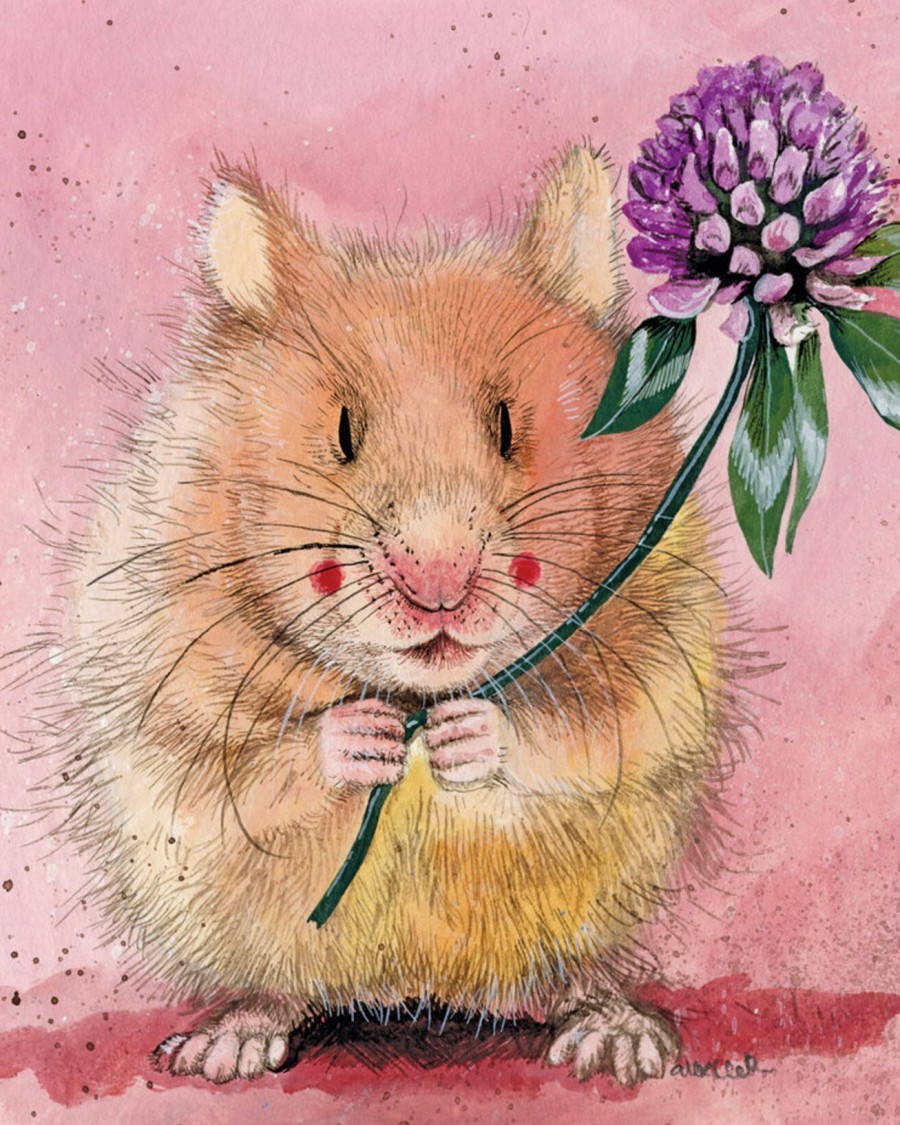Let’s Meet England’s Super-Intelligent Octopus!

The Octopus (the plural is octopuses or octopi) is one of the world’s most fascinating creatures. These ‘intelligent aliens’ have eight arms, three hearts, and can sense light with their skin!
They use black ink to inject prey (mostly crabs). And have such good memories that one stranded octopus returned the next day to thank holiday makers for putting him back in the water and saving his life!
The common octopus found off England’s shores has a brain-to-body ratio that means it’s more intelligent than your average brainy dog. Two thirds of this creature’s neurons are in the arms, so they ‘think for themselves’, reacting to touch and taste, without waiting for orders from the brain!
Related to squid (common in England water) and cuttlefish (dried shells are used to amuse budges), they can even change colour and texture, to match their environment. And when danger lurks, they can therefore vanish in plain sight. Octopuses zoom around the sea, powered by shooting jets of water.
Yet many end up in aquariums. One did not like a volunteer, and would shoot water at her, when she visited. She left and returned months later. The octopus took one look at her, and squirted water at her again.
Campaigning for Sentience Laws
There is a campaign by Crustacean Compassion to recognise octopuses as sentient beings (which they obviously are). At present, some places abroad even eat these amazing creatures, while they are still alive.
The sad end for all females is that they die after giving birth. They simply stop eating, after the eggs have hatched. This is believed to be a selfless act, to stop hungry mothers eating their young.
Compassion in World Farming has a free report to download (in several languages) on reasons why factory farming of octopuses should never be allowed. These include being solitary by nature, being carnivorous (they would eat each other), and little known of their welfare needs.
Their fragile skeletons could also be easily damaged in tanks. In the US, Washington State has become the first place worldwide to place a ban on octopus farming.
Beach Cleans Help Octopus Habitats
Volunteer beach cleans are a great way to keep these eight-limbed friends safe, as they are so intelligent, they will investigate fishing nets and other marine litter.
Make Or Buy Vegan Calamari (squid)

If you like the taste of calamari or squid, there are many plant-based alternatives. If using hearts of palm, choose multi-stemmed varieties (not single-stemmed) Or better yet, sub with local canned artichokes. Try this recipe for vegan calamari with garlic aioli (A Pinch of Parsley).
Avoid seaweed for thyroid/iodine issues. Read more on food safety for people & pets (many human foods including onion, garlic, mushrooms and spices are unsafe near animals).
- Revo Foods (Austria) has become the first company on earth to make a top quality ‘vegan octopus’ using fungi protein.
- Look in stores for Nature’s Charm Calamari, a tinned food made with mushrooms, capers, seaweed and salt. Or Happiee! Breaded Vegan Calamari or Squidiee Rings!






